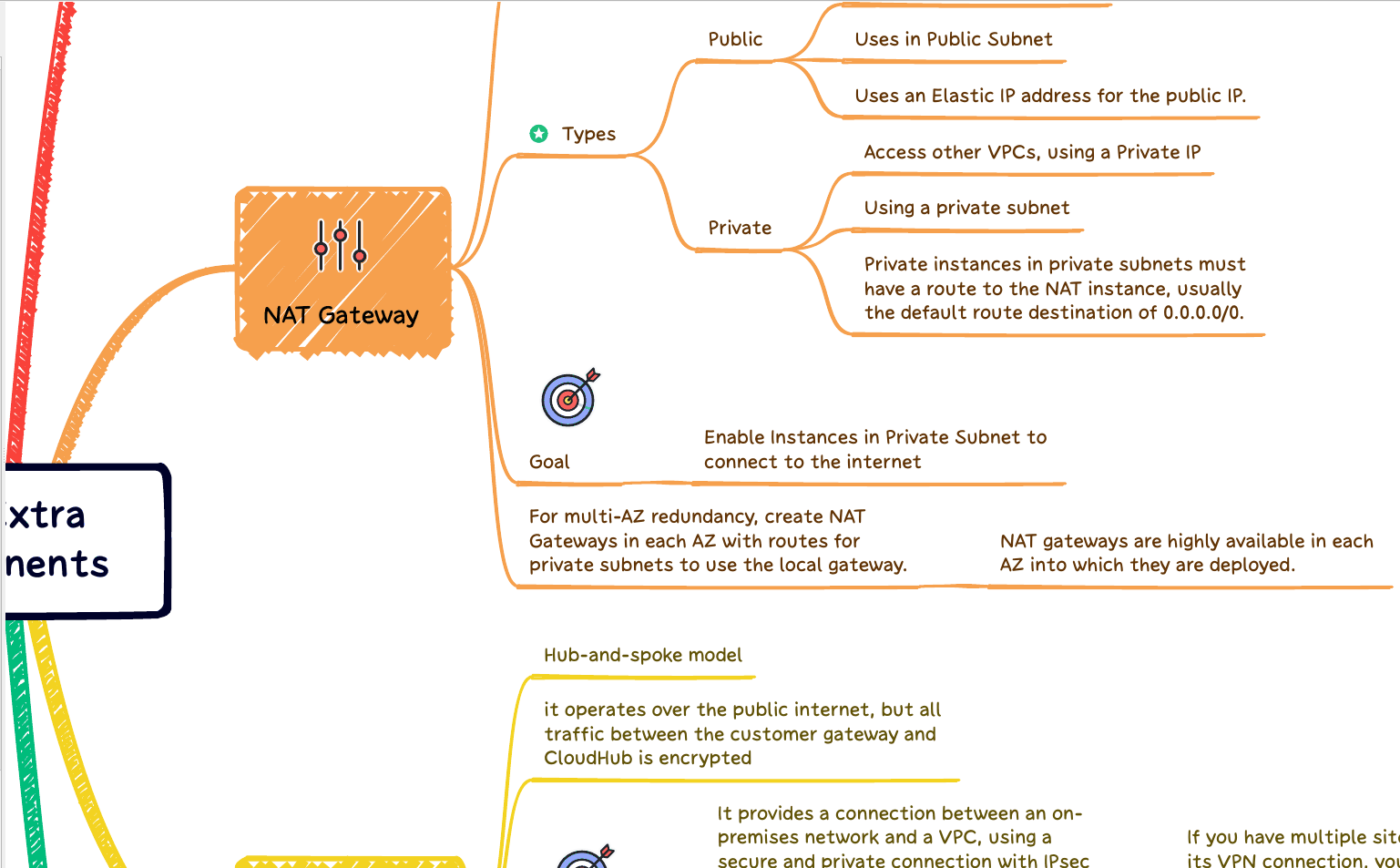Over the years, the field of software development has evolved quickly. As a result, businesses are under pressure to offer high-quality goods rapidly due to the rise in demand for software and apps. DevOps and Site Reliability Engineering (SRE) approaches were born as a result, and they have entirely changed how software is built, delivered, and managed.
The Evolution of DevOps: An Introduction to Its Concepts and Practices
Software developers and IT operations teams are intended to work together as a team by using the DevOps strategy to manage software development processes. It focuses on enhancing team cooperation, communication, and automation to develop software more quickly and effectively.
DevOps is a culture that promotes constant learning and improvement, not just a collection of tools or a single procedure. DevOps methods include continuous integration, delivery, automated testing, and monitoring.
Businesses must hire DevOps developers with a thorough knowledge of DevOps tenets and practices if they want to deploy DevOps methods. These programmers collaborate closely with the development and operations teams to guarantee the product’s prompt, dependable, and high-quality delivery.
How DevOps and SRE Work Together
Together, DevOps and SRE may achieve operational excellence. While SRE methods may assist in guaranteeing that software systems are dependable, scalable, and practical, DevOps principles can help teams communicate and collaborate more effectively.
While DevOps stresses cooperation and communication between development and operations teams to speed up the software development and deployment processes, SRE emphasizes the use of automation and monitoring technologies to discover and correct issues in real-time.
Site Reliability Engineering: The Future of Software Development
The dependability, scalability, and effectiveness of software systems are the main goals of site reliability engineering (SRE). SRE teams strive to make software systems dependable, robust, and withstand significant traffic loads. SRE is a logical progression of DevOps and a method of integrating operations into the software development process.
By following a strict set of guidelines and procedures that include operations in the software development cycle, SRE teams accomplish this aim. In addition, this strategy makes it possible for SRE teams to identify and address problems in real-time, ensuring that software systems remain highly available and dependable.
The Fundamental Differences between DevOps and SRE
Although DevOps and SRE have different goals but aim to improve software delivery, SRE focuses on the dependability and scalability of software systems. In contrast, DevOps emphasizes cooperation, communication, and automation between development and operations teams. Teams may ensure they consistently provide value to their consumers by iterating and enhancing their software systems.
The Role of Automation in DevOps and SRE
A crucial element of DevOps and SRE is automation. By eliminating manual chores and maintaining regular procedures, automation aids teams in producing software more quickly and effectively. For example, testing, deployment, and monitoring are all automated by DevOps and SRE teams.
Teams can identify problems and take immediate action due to automated monitoring. Organizations may utilize monitoring technologies to proactively discover and fix issues before they impact end users, guaranteeing the dependability and availability of software systems.
The Impact of DevOps and SRE on Business Agility and Innovation
DevOps and SRE significantly impact business agility and innovation. Businesses may react swiftly to market and customer demand changes by enabling quicker and more frequent software updates. As a result, they may grow their market share and obtain a competitive edge.
Additionally, DevOps and SRE support an innovative and experimental culture. DevOps and SRE provide an atmosphere where ideas may be swiftly evaluated and deployed by removing silos between development and operations teams. It may result in the creation of novel goods and services that assist companies in standing out from the competition.
Conclusion
The future of software development lies in DevOps and SRE. They provide several advantages, including a shorter time to market, enhanced teamwork, and increased scalability and dependability of software systems. However, putting these techniques into practice can be difficult, and firms must be ready to invest in automation and cultural transformation instruments. Businesses may achieve operational excellence, increase company agility, and spur innovation by embracing DevOps and SRE. So, if you want to stay competitive, it’s time to work with DevOps experts and begin your path to excellence in software development.

